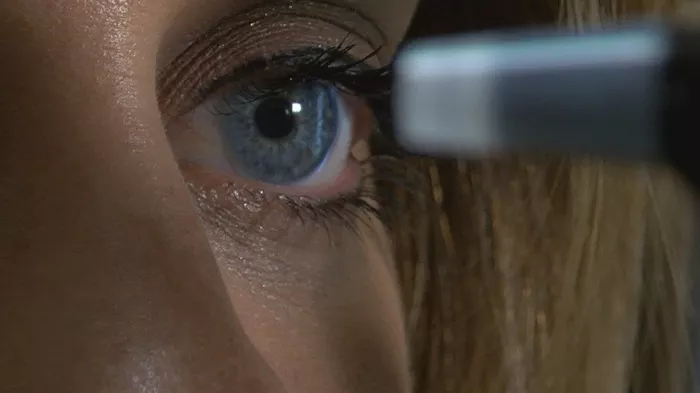In high-income countries, cataract surgical treatment is generally successful, but the Global South often sees subpar results. Video analysis aided by AI could revolutionize this process, though current methods are time-intensive. Researchers from the University Hospital Bonn, University of Bonn, Sankara Eye Foundation India, and Microsoft Research India aim to change this by developing an algorithm tailored to the Global South’s common surgical techniques. Their initial study, published in Translational Vision Science and Technology, reviewed existing AI approaches for cataract surgery video analysis.
Cataract affects over 70 million people globally, with more than 30 million surgeries performed annually. Dr. Maximilian Wintergerst from the University Hospital Bonn emphasizes the disproportionate burden in the Global South, where blindness from cataracts is ten times more prevalent. Inadequate training contributes to poor surgical outcomes, affecting 30 to 50% of patients in some regions.
The lack of accessible video analysis exacerbates this issue, prompting the collaboration to develop an algorithm for automatic analysis. The goal is to enhance surgical outcomes by enabling review, training, and quality monitoring through smartphone-recorded videos. However, existing AI models primarily focus on high-income healthcare systems, highlighting the need for tailored solutions.
Prof. Dr. Thomas Schultz notes the variability in existing algorithms’ quality and replicability, citing challenges in data availability and code publication. While instrument tracking and surgical phase detection show promise, assessing surgical skills and complications remains problematic.
Moving forward, the team plans to develop an algorithm specifically for Global South techniques, leveraging smartphone-recorded videos. Prof. Dr. Frank Holz underscores the importance of comparing smartphone-based and traditional video recording systems to assess feasibility and data quality.


